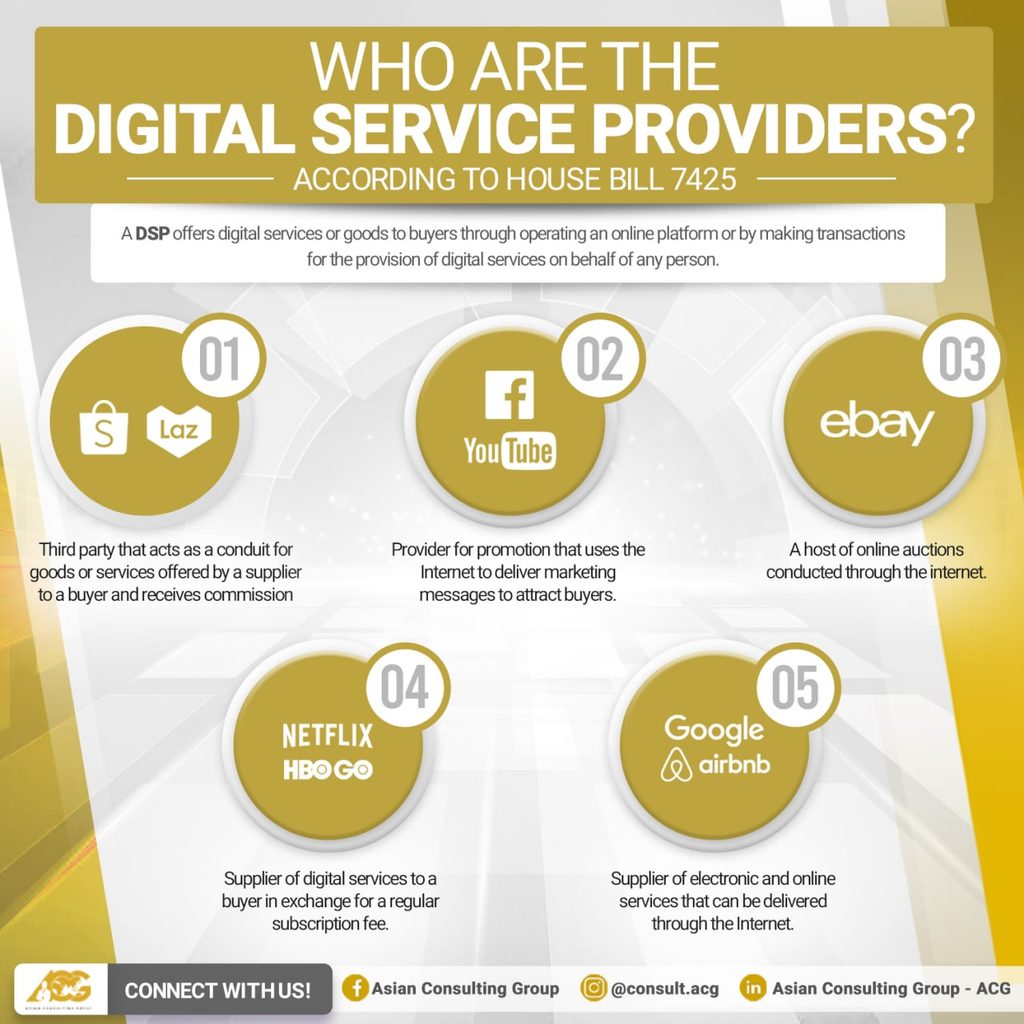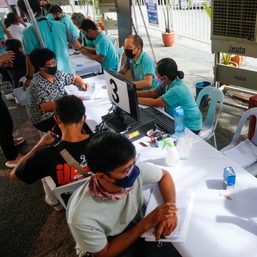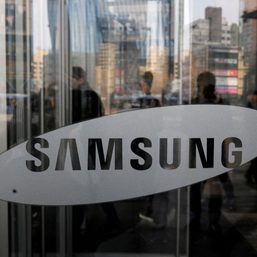SUMMARY
This is AI generated summarization, which may have errors. For context, always refer to the full article.
![[Ask the Tax Whiz] Are tech giants subject to 12% VAT?](https://www.rappler.com/tachyon/2022/02/tax-whiz-february-6-2022.jpg)
Undoubtedly, e-commerce in the country is growing exponentially. Due to this undeniable growth in the number of digital transactions and as part of the development of the Philippines’ digital taxation, Congress has approved House Bill (HB) No. 7425, which imposes value-added tax (VAT) on digital transactions of non-resident digital service providers.
Who are the digital service providers (DSPs), according to HB 7425?
A DSP offers digital services or goods to buyers through an online platform or by making transactions for the provision of digital services on behalf of any person. It may be:
1. A third party that acts as a conduit for goods or services offered by a supplier to a buyer and receives commission
2. A platform provider for promotion that uses the internet to deliver marketing messages to attract buyers
3. A host of online auctions conducted through the internet, where the seller offers the product or service to the person who gives the highest bid
4. A supplier of digital services to a buyer in exchange for a regular subscription fee
5. A supplier of electronic and online services that can be delivered through the internet

Will tech giants like Facebook, Google, YouTube, and Netflix have to pay 12% VAT?
Yes, all the digital services provided by the non-resident DSPs including subscription-based services will be subjected to 12% VAT. Provided, further, that the annual gross sales or receipts of such digital service businesses have exceeded or are expected to exceed P3 million.
Are DSPs required to register with the Bureau of Internal Revenue (BIR) under the bill? If they are already registered, are they allowed to credit input tax against their output tax?
The bill requires non-resident DSPs to register if their gross sales or receipts for the past year have exceeded P3 million. It also provides a transition period of 180 days from the date of effectivity of the law to enable the BIR to establish implementation systems before VAT is imposed on DSPs.
The bill further precludes non-resident DSPs from claiming creditable input tax.
How would DSPs substantiate their sales or revenues? Are they allowed to issue electronic invoices or receipts?
The bill simplifies invoicing and registration requirements for VAT-registered non-resident DSPs. VAT-registered DSPs may issue an electronic invoice or receipt, subject to the rules and regulations to be prescribed by the finance secretary upon the recommendation of the internal revenue commissioner.
To know the tax compliance risk level of your business, avail of our free Annual Tax Health Check! Register through this link or scan the QR code below. You may also email us at consult@acg.ph or contact (+63)9178010191 to book a consultation.

– Rappler.com
Mon Abrea, CPA, MBA, is the co-chair of the Paying Taxes-EODB Task Force. With the TaxWhizPH mobile app as his brainchild, he was recognized as one of the Outstanding Young Persons of the World, an Asia CEO Young Leader, and one of the Ten Outstanding Young Men of the Philippines because of his tax advocacy and expertise. Currently, he is the chairman and CEO of the Asian Consulting Group and trustee of the Center for Strategic Reforms of the Philippines – the advocacy partner of the Bureau of Internal Revenue, Department of Trade and Industry, and Anti-Red Tape Authority on ease of doing business and tax reform. Visit www.acg.ph for more information or email him at mon@acg.ph and download the TaxWhizPH app for free if you have tax questions.
Add a comment
How does this make you feel?
![[Ask The Tax Whiz] How to file annual income tax returns for 2023](https://www.rappler.com/tachyon/2022/11/tax-papers-hand-shutterstock.jpg?resize=257%2C257&crop_strategy=attention)





![[Rappler Investigates] Dangers of TikTok](https://www.rappler.com/tachyon/2024/04/dangers-tiktok-april-18-2024.jpg?resize=257%2C257&crop=309px%2C0px%2C1080px%2C1080px)



There are no comments yet. Add your comment to start the conversation.